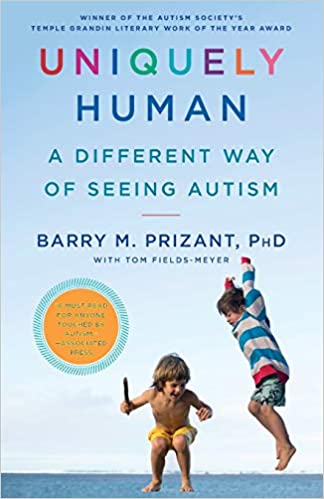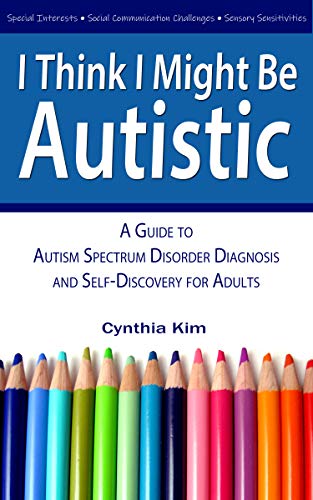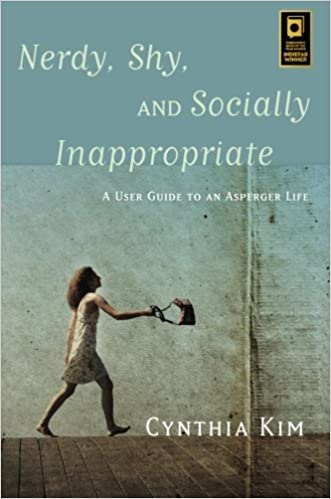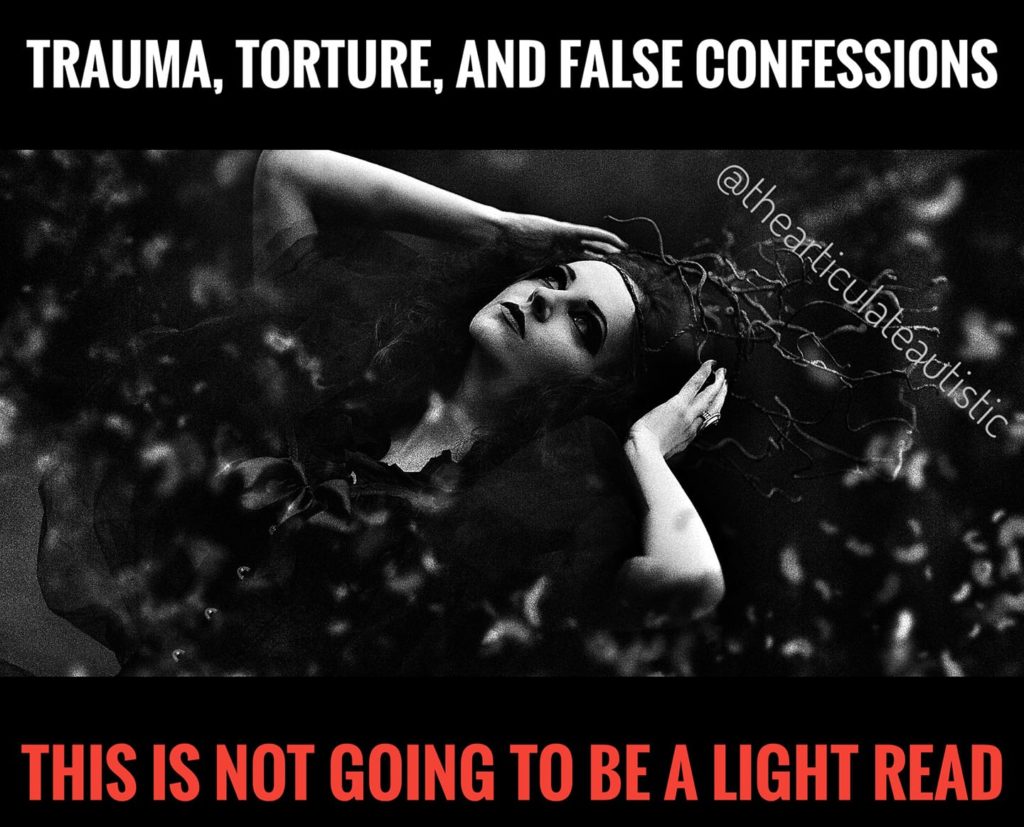Being Accused of Lying Can Cause Autistic People to Look Like We’re Lying
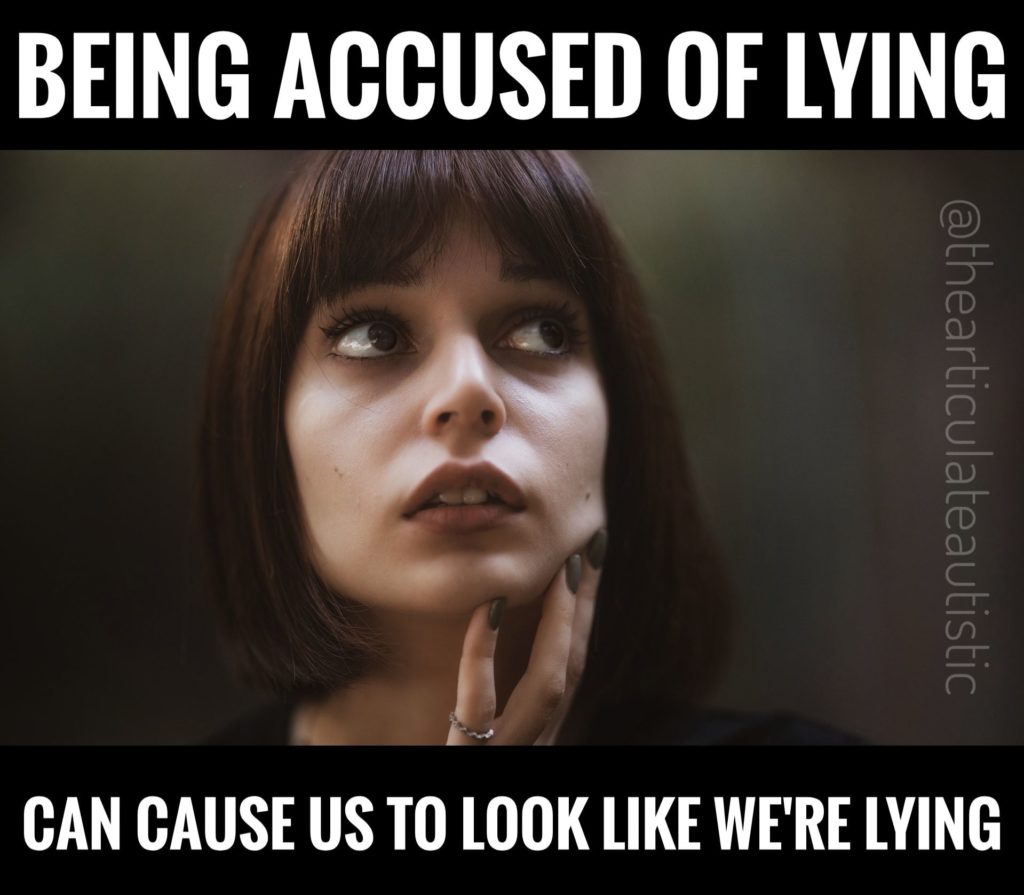

When this comic artist posted this on her page, I KNEW I had to do a post about it!
(Thanks for the inspiration, Theresa Scovil!)
I was constantly accused of lying as a child and teenager. To be fair, I did tell “tall tales” throughout my childhood about ghosts, monsters, etc. Horror and mystery has been a special interest of mine practically since birth.
So, even though, for me, the difference between telling stories and telling lies was very clear-cut, it wasn’t to those around me.
I wasn’t a liar, I was a storyteller, but I was branded a liar for a very long time anyway.
(Article continues below.)
The best way to improve communication with your autistic loved one is to understand how your autistic loved one’s mind works! Intentions, motivations, and personal expressions (facial expressions or lack thereof, body language, etc.), are often quite different in autistic people than they are in neurotypical people.
Experience a better understanding of your autistic loved one by reading books about life from an autistic perspective as well as stories that feature autistic characters. You’ll have so many “Ah ha!” moments and start seeing your autistic loved one in a different light (and you’ll have a better understanding of their behaviors, which you may have been misinterpreting up until now).
Books I recommend for a better understanding of your autistic loved one:
This, coupled with the fact that being accused of lying causes me to stutter, stammer, look away, swallow hard (I swallow hard all the time anyway, I have chronic postnasal drip), and get fidgety, it makes things 10 times worse for me.
Being accused of lying is particularly painful and confusing for autistic people because, as a rule, we are very opposed to lying. We say what we mean, and we mean what we say.
Furthermore, many of us are also quite rule-bound and passionate about social justice.
Also, being asked roundabout questions in an attempt to “trip us up” or get us to “admit something” causes us to react in a way that non-autistic people may also interpret as guilt.
It’s not guilt. It’s confusion and fear.
Personally, I even get triggered by playful bantering phrases like, “Come on, admit it”.
I know people are just trying to bond and relate, but I won’t “admit” to anything I didn’t think, didn’t do, and don’t agree with.
Non-autistic people don’t seem to know what to make of my reactions to those types of phrases, and it seems to them to confirm their belief that I’m “covering something up”, which I’m definitely not.
Also, to add insult to injury, autistic people tend to try to diffuse misunderstandings by explaining and using logic.
For non-autistic people, this can look like an even FURTHER admission of “guilt”. It’s traumatizing to us. We are trying so hard to get you to believe us, and everything we do just makes it worse, but most of us are not aware that what we are doing is worsening the problem, not resolving it.
I’ve made plenty of false confessions in the past just to get people to leave me alone because they were already convinced anyway.
I don’t do that anymore, but it was part of my mask, my survival strategy, for a long time.
I’m not saying autistic people never lie. I’m saying that it’s much more likely to be a misinterpretation of body language and facial expressions when non-autistic people think we are lying when we aren’t.
Also, and this is important, it’s very damaging to continue pressing the point with an autistic person who continues to desperately and frantically explain that they are not lying.
Continuing to make the accusation or trying to trick us into admitting something is a form of abuse called ‘gaslighting’.
It may not be intentional, but it will still have the same effect as if you were purposefully mentally torturing them.
It’s one of the common neurological language misunderstandings between the neurotypes that can cause PTSD.
Follow me on Instagram.
Want downloadable, PDF-format copies of these blog posts to print and use with your loved ones or small class? Click here to become a Patreon supporter!

